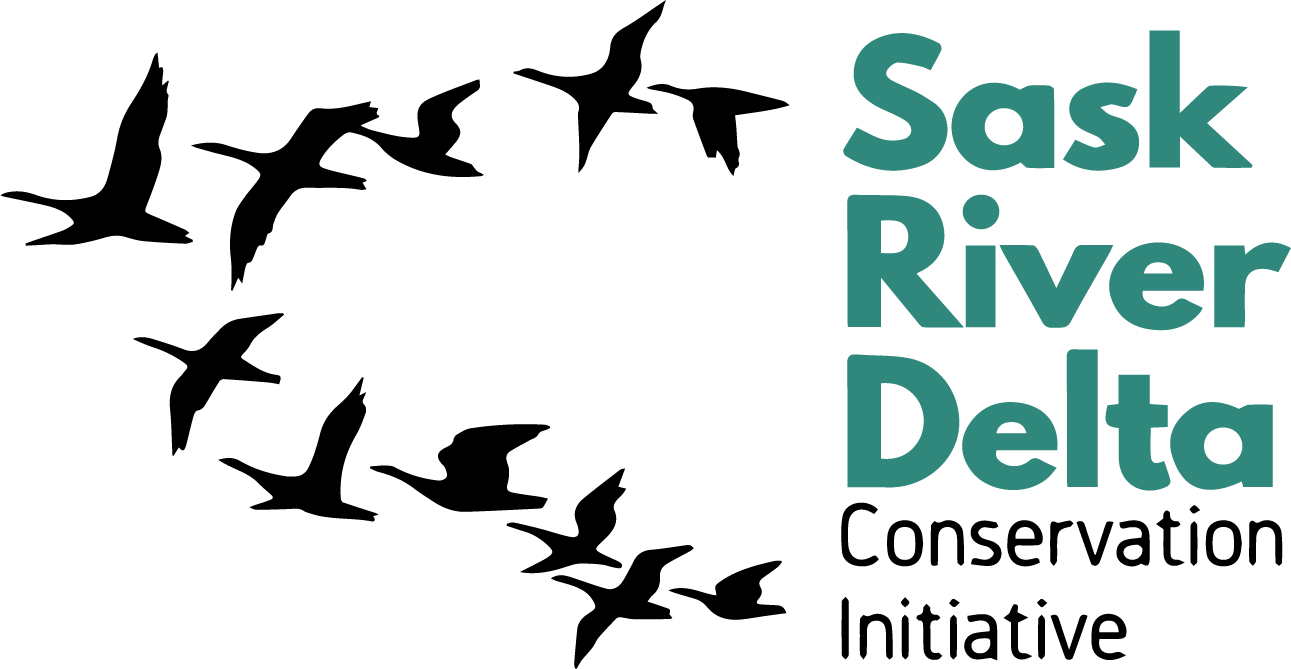The Delta is Dying.
It’s up to us to protect it before it’s too late.
Upstream impacts have been wreaking havoc on the Delta for decades.
Dams
There are 3 major dams upstream of the Delta: Gardiner dam, Nipawin dam, and E.B. Campbell dam. The E.B. Campbell dam is located immediately before the Delta and was constructed in 1963.
Since 1963, the waterflow/releases and movement of sediment has disrupted the natural functioning of the Delta and has therefore affected the wildlife and fishing/hunting practices. Learn more.
Farmland
As known to many, the southern half of Saskatchewan is full of farm and ranch land. Livestock waste and farming chemicals impact the water systems downstream as they leach into the water.
Urban Development
For the past 150 to 200 years, cities have been built upstream of the Delta, many of which are located along the rivers. As waste, chemicals, and nutrients enter the water system, they travel downstream.
As announced in July 2020, Saskatchewan is preparing for a large irrigation project based out of Lake Diefenbaker upstream of the Saskatchewan River Delta. The project is meant to happen over the next 10 years and will provide an increased capacity for irrigation in the province.
Projected Irrigation
The upstream Dams have had a major impact on the Delta since the 1960’s.
The large storage capacity at the Lake Diefenbaker reservoir ahead of the Gardiner dam has impacted the Delta’s natural ecosystem by changing the patterns that used to occur naturally. There is no longer a natural biannual flood pattern but an irregular flooding pattern that ultimately impacts spring fish spawning and bird’s nests in the Delta. Populations of moose, muskrat, fish, and birds have decreased at least in part because of these non-natural flooding patterns.
The EB Campbell dam also impacts the Delta. It is 25km upstream of the Saskatchewan River Delta and its largest effect comes from from hydropeaking. Hydropeaking is when water is released through the dam at a discontinuous rate because of the varying need for power during the day. Obviously, with this comes daily changes to water flow. Drastic flow changes cause fish stranding and navigational problems for people who travel throughout the Delta.

